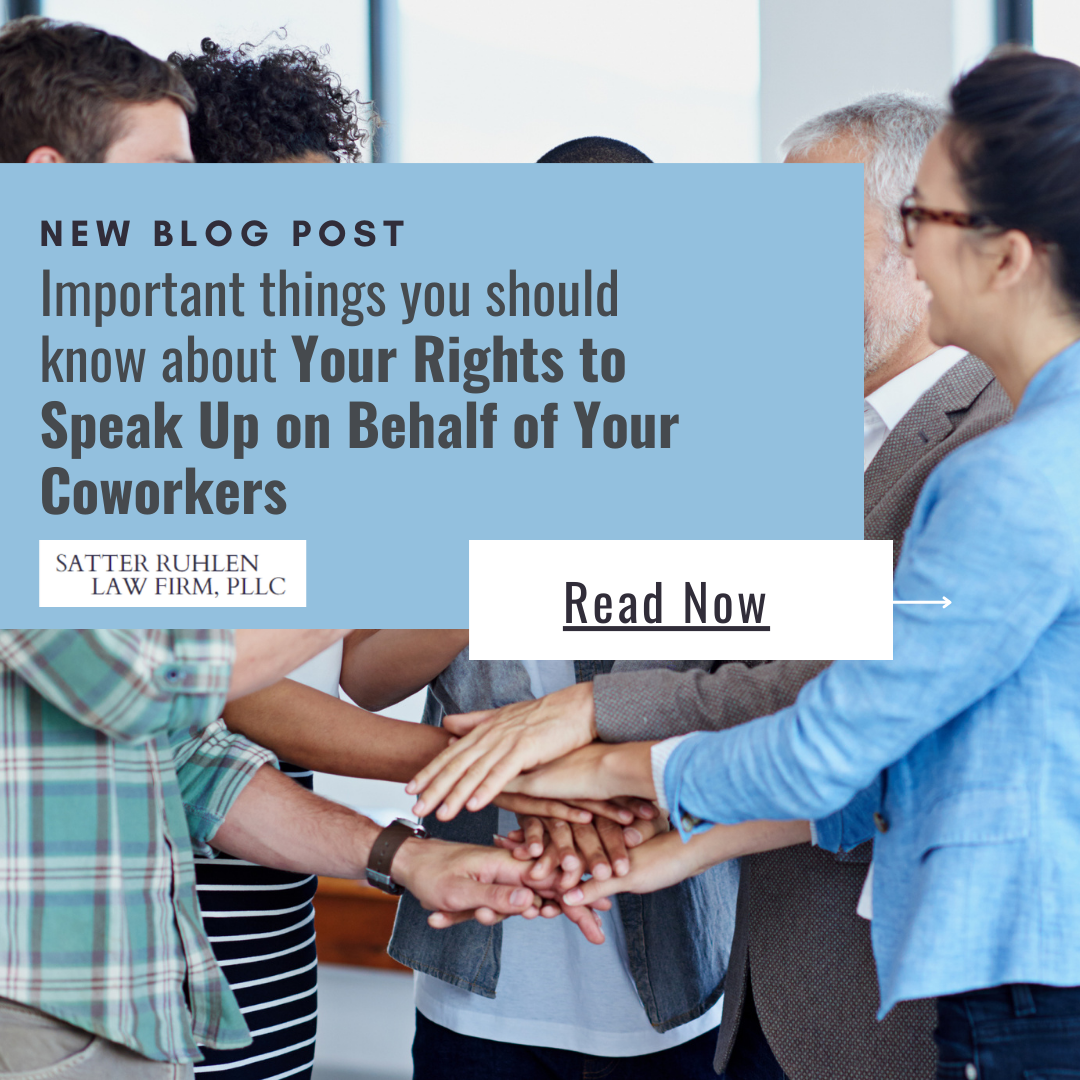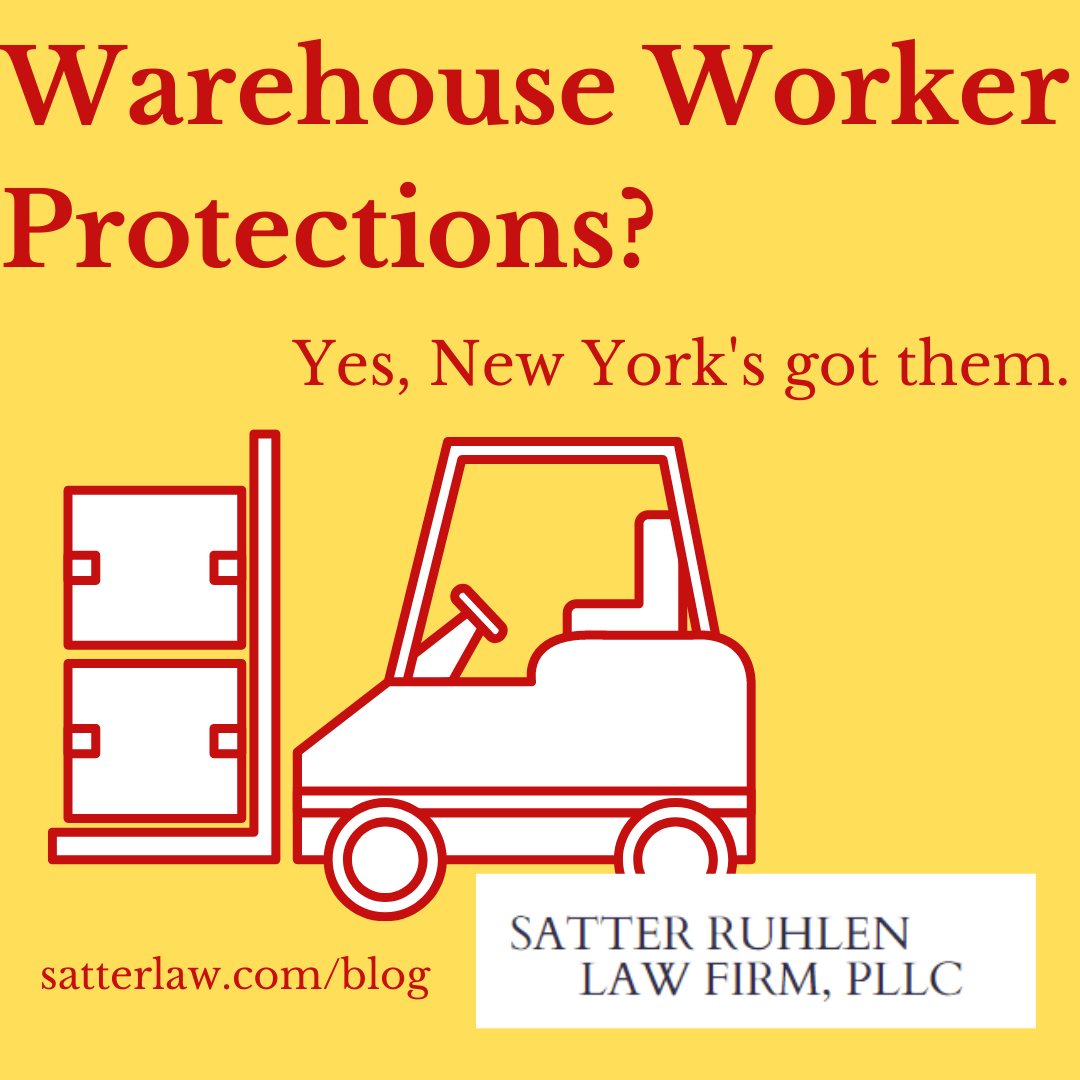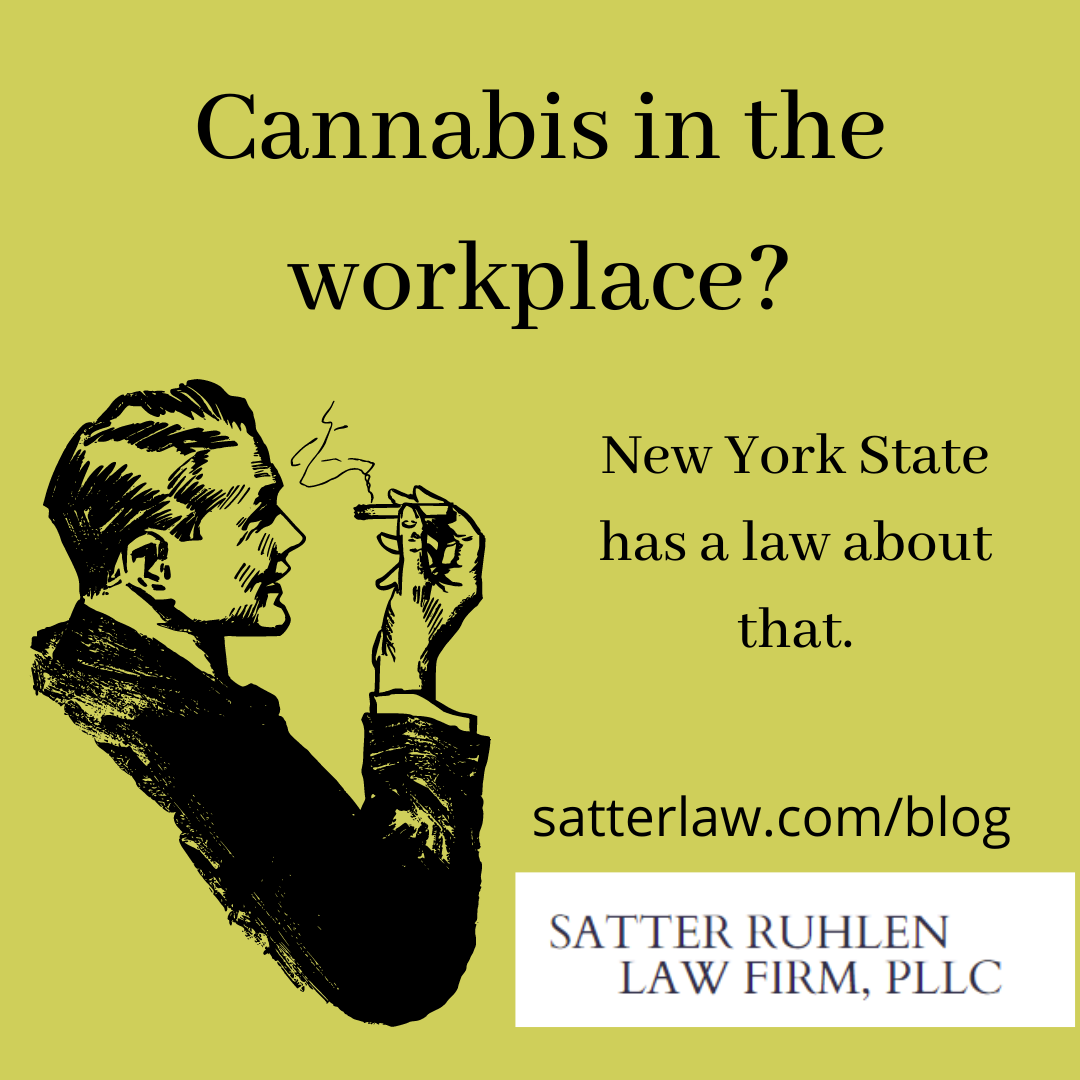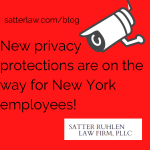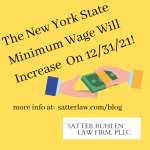This article is an update of our January 27, 2021 blog post.
As more and more employers implement mandatory vaccination policies for employees, it’s important for employees to understand why the requirement is legal, and what their options are.
Legal challenges to vaccine mandates have not, so far, been successful. Applications for injunctive relief have been denied, and a federal court in Texas has rejected wrongful termination and public policy arguments. New York City Municipal Labor Committee, et al. v. City of New York, et. al, Index No. 158368/2021 (New York Co. September 22, 2021); Bridges, et al v. Houston Methodist Hospital, et al., H-21-1774 (SD Tex. June 12, 2021).
This said, employees who are afflicted with disabilities that make it dangerous for them to be vaccinated, as well as employees with sincerely-held religious beliefs, may be able to seek a reasonable accommodation. Each employer has its own process for requesting those accommodations, and determining whether there is a reasonable accommodation available involves an interactive process that requires the cooperation of both employer and employee. Below, we recap several FAQs from our previous vaccination article.
Can my employer demand that I receive the COVID-19 vaccine as a condition of employment?
Yes. Requiring the vaccine is not a medical exam, nor does it seek information about your current health status or impairments. A vaccine mandate does not in itself violate discrimination laws if the mandate allows a case-by-case assessment of whether there a reasonable accommodation could be provided for those who need it.
What if I do not want to be vaccinated because of my disability or because of my sincerely-held religious beliefs?
If your disability or religious beliefs prevent you from being vaccinated, you may request an accommodation from your employer. When you request an accommodation, your employer needs to determine if you, as an unvaccinated employee, pose a “direct threat” to the health and safety of yourself or others, and whether the threat can be eliminated or reduced by a reasonable accommodation.
If the assessment results in a finding of direct threat, your employer will try to determine if there is a reasonable accommodation that would allow you to continue to work. This interactive process includes getting information from you and your doctor or religious leader. It is important for employees to cooperate in the interactive process; failure to do so can result in termination. Keep in mind that your employer does not have to provide the specific accommodation that you request. Also, if your employer genuinely cannot come up with a reasonable accommodation, you may be terminated.
Can my employer ask for proof that I have received the COVID-19 vaccine?
Yes. Simply requesting proof of a COVID-19 vaccine is not likely to elicit information about a disability and, as such, is not a disability-related inquiry that would trigger ADA or other health information privacy protections. However, if you have not been vaccinated due to a medical condition, you’ll need to be prepared to request an accommodation, which will require you to provide medical information to allow the employer to determine what kind of accommodation can be provided.
Do I have ADA protection if my employer administers the COVID-19 vaccine ?
Yes. The pre-vaccination medical screening questions are likely to elicit information about your health. When these questions are asked by your employer (this might happen in the healthcare context), they meet the ADA definition of a “disability-related” inquiry, and, as a result, you are entitled to ADA protection. The ADA requires that the disability-related screening questions be “job related and consistent with business necessity.” If you are concerned that your employer’s mandatory vaccination program does not meet this threshold, contact an attorney for advice.
